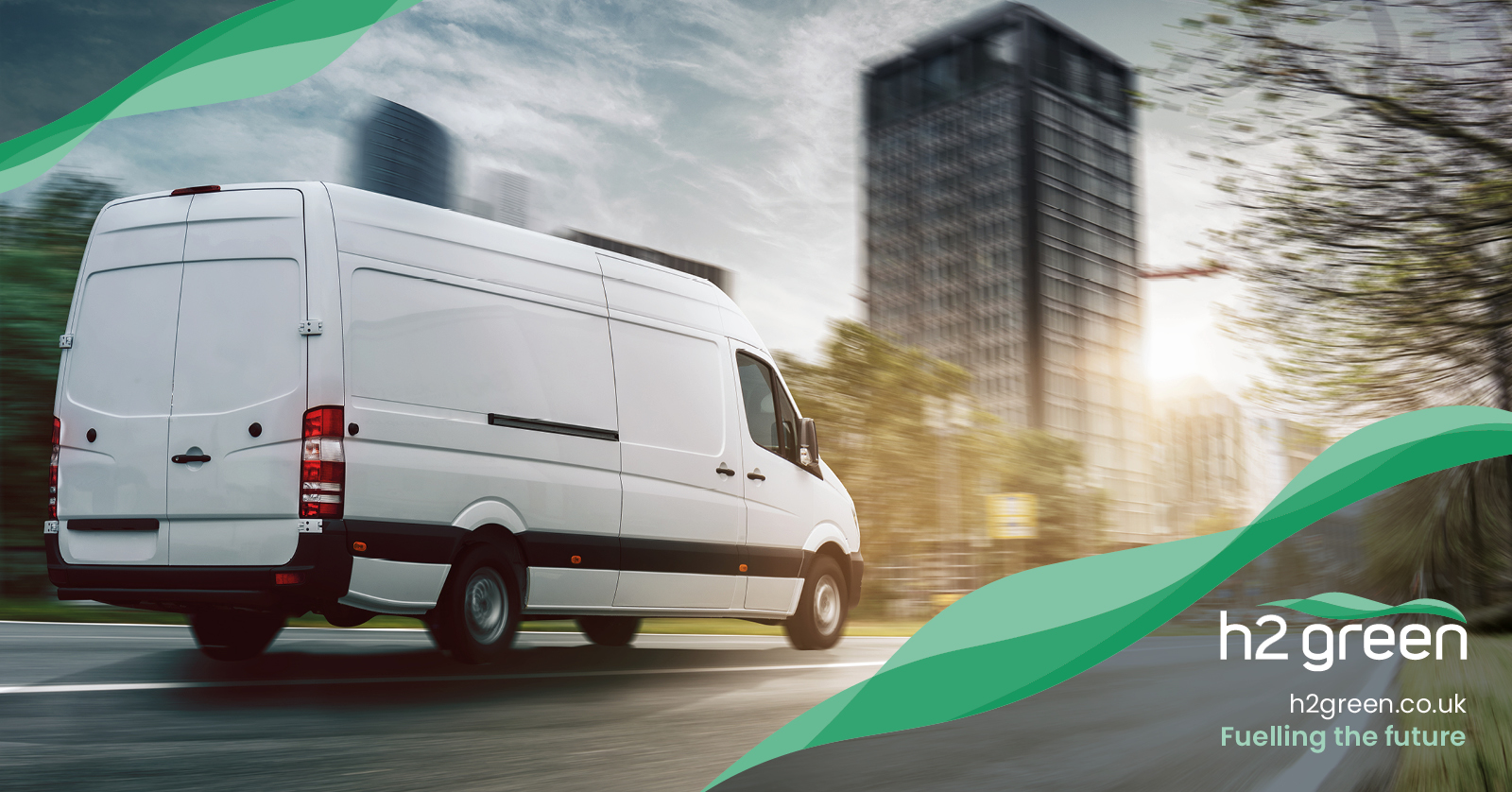H2 Green: Why is Hydrogen Power the Future?

Housing Industry Leaders’s COP26 Roundtable event in Glasgow is fast approaching. We caught up with Ian Spencer, co-founder of H2 Green, to find out more about the future of green hydrogen.
The focus on COP26 is intensifying on whether or not world leaders will shift the international agenda towards real and decisive action to tackle climate change. While previous COPs have focused on setting targets, and quantifying emissions, the pressure on countries to deploy the solutions that are already available is immense.
Housing Industry Leaders’s COP26 Roundtable event in Glasgow is therefore centred on real changes needed to ensure a greener future.
H2 Green is a green hydrogen developer focused on building a network of hydrogen hubs. Founded in 2020, the company have since been acquired by the AIM-listed Getech Group Plc in an endeavour to accelerate the path to global net-zero.

Ian Spencer, co-founder of H2 Green, focuses on business development and partnerships that will enable tangible, scalable hydrogen projects to deploy. Using Getech’s expertise in geospatial analysis, Ian and his colleagues are employing data to identify the best places to make hydrogen. H2 Green are creating hydrogen close to the location of the consumers with a view to avoiding the cost and impact of transporting fuel.
From working with renewable energy companies to major players in the transport sector, like train operators, logistics operators, and decisionmakers in government, his interest is to speak to anyone intrigued by using hydrogen to decarbonise transport or industry, at Housing Industry Leaders’s COP26 Roundtable event in Glasgow.
Ian will discuss:
- How a future green hydrogen network will be connected from vehicles to the energy source
- How data, AI and analytics will drive down the cost of hydrogen for the consumer
- The opportunities that governments have to unlock a smart hydrogen production network
Ian spoke to Housing Industry Leaders to highlights some of the important conversations around the future of green hydrogen.
Why H2 Green is putting green hydrogen on the agenda
H2 Green is dedicated to ensuring hydrogen becomes part of the solution to a greener future, with a focus on green hydrogen.
Ian says H2 Green made a strategic decision to focus on green hydrogen because it eliminates carbon emissions from day one. “We are seeing increasing desire to secure totally green solutions. If you are using genuinely green hydrogen, you’ve eliminated carbon risk. As organisations become more and more accountable for their emissions – that delivers real value.”
As economies of scale emerge, deployment ramps up and targets kick in, forecasts for the hydrogen market are strong. The UK government’s adviser on climate change, the Committee on Climate Change expects hydrogen production to ramp from 27 terawatt-hours (Twhs) of fossil fuel-based hydrogen a year today to 270 Twhs of zero-carbon hydrogen by 2050.
Green hydrogen has a huge part to play in delivering decarbonisation. “There’s a specific place and substantial market emerging for green hydrogen in heavy transport – like trains, buses, HGVs and many medium-sized vehicles that cannot afford to be idle for long periods of time,” says Ian.
AI can optimize the refuelling of hydrogen vehicles
H2 Green envisage an energy and transport system that is more digitally integrated than has ever been the case.
“We’re looking at a system that will allow connected vehicles to communicate with hydrogen production facilities and renewable energy systems. That will allow us to balance when it is best to produce hydrogen with the needs of the wider energy system” added Ian.
“With this kind of dynamic system, you can optimise end to end across the supply chain. The main goal is to drive up efficiency and drive down prices.”
The cost of hydrogen vehicles will decline
Ian told Housing Industry Leaders: “The cost of hydrogen fuel cell vehicles is certain to decline over time. Projections show the total cost of ownership rivalling internal combustion engines within around 10 years.
“But we can’t wait that long – early adoption will drive economies of scale. That is where government needs to step up.”
“Where we’re at on the vehicle side now is like going back to where we were at with hybrid electric vehicles 10/15 years ago. High vehicle costs are a barrier to adoption, but it is something the government can address with targeted funds.”
H2 Green hope to see a hydrogen refueller in every town by 2035
Explaining the future of hydrogen, Ian said: “We want to see a green hydrogen refueller in every town and city in the UK by 2035 – with critical mass across the whole sector we can deliver security of supply for customers and that’s the most important change we need to see.”
“At that level of maturity, no fleet operator will have range anxiety about owning or operating a hydrogen vehicle.”
Accelerating a transition from diesel to hydrogen is also good for our health. A hydrogen fuel cell vehicle creates only water as an emission and can get rid of all the diesel particulates that damage air quality and aggravate respiratory conditions.
To create the necessary infrastructure for such a hydrogen fuelling and supply network. H2 Green is working to bring private investment and partnerships to solve the infrastructure problem within the UK, and with that, develop the security of supply.
Rounding up the interview, Housing Industry Leaders were told: “We expect to see strong early deployment developing in the next 2-5 years and hydrogen hubs forming quickly around centres of demand. Green hydrogen infrastructure is largely plug and play and can work off the grid, so there is a clear opportunity to establish production in smart locations very quickly.”
Connect with Ian
You can join Ian Spencer at Housing Industry Leaders’s COP26 Roundtable event in Glasgow on October 28th. To register your interest, click here.

